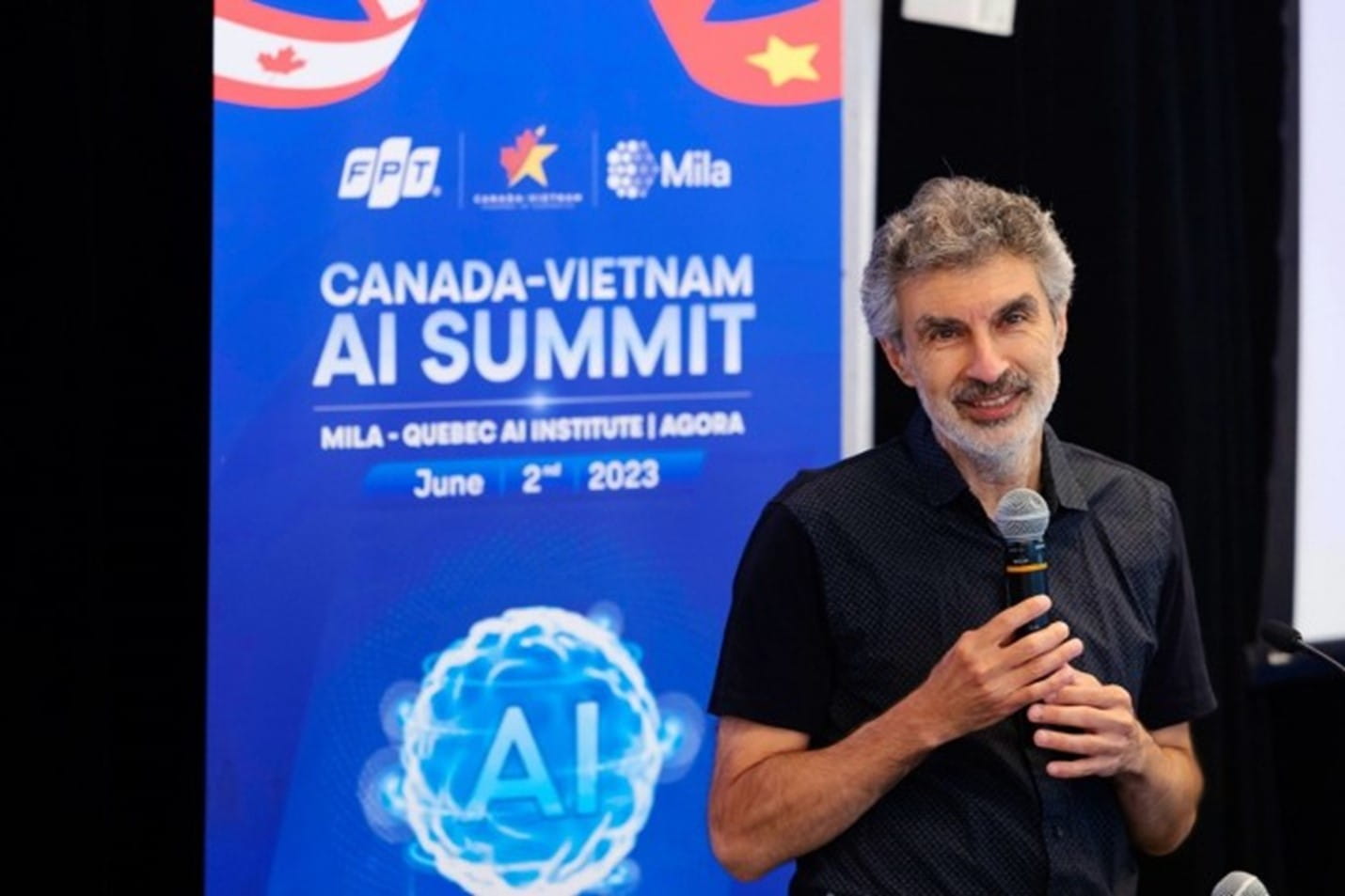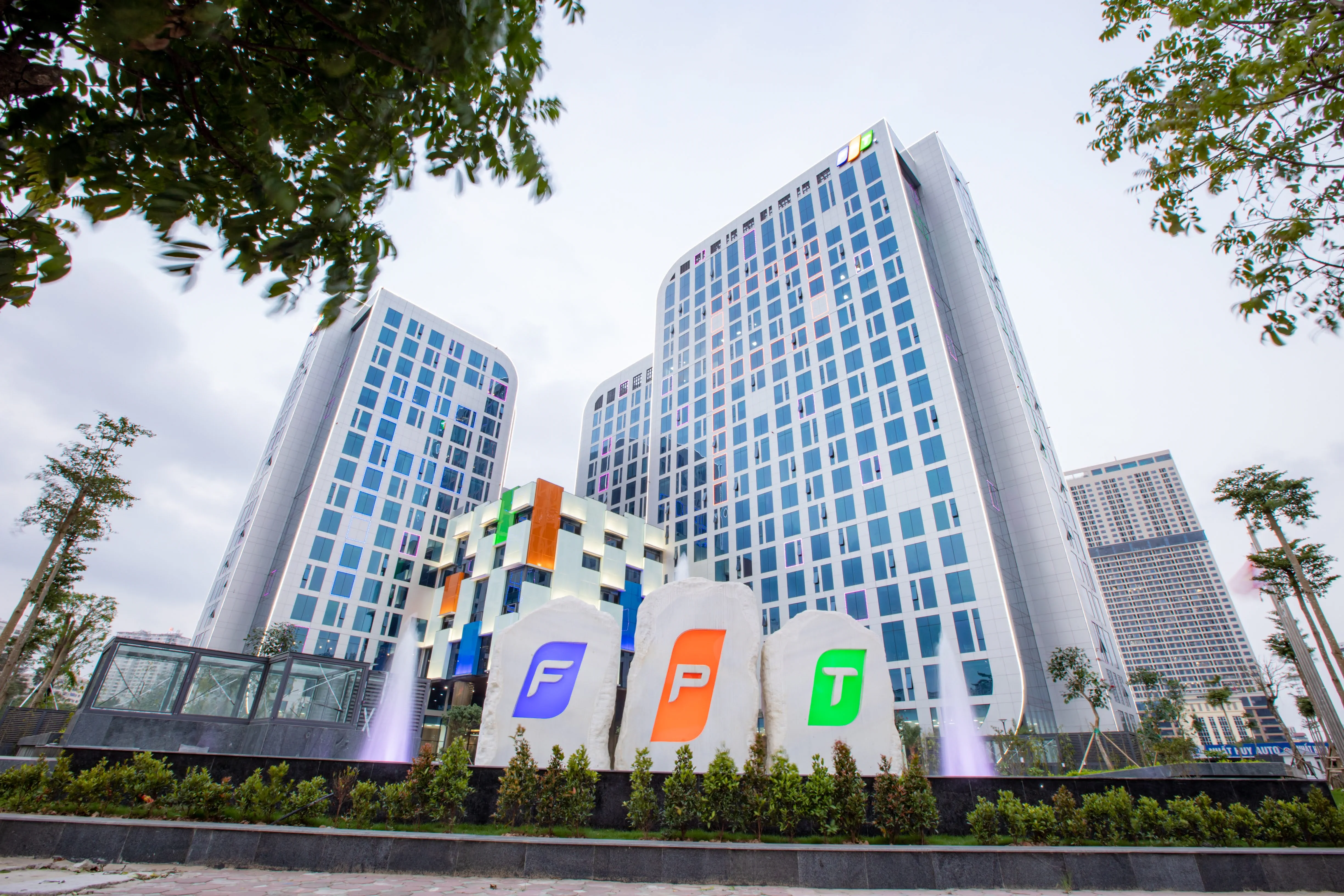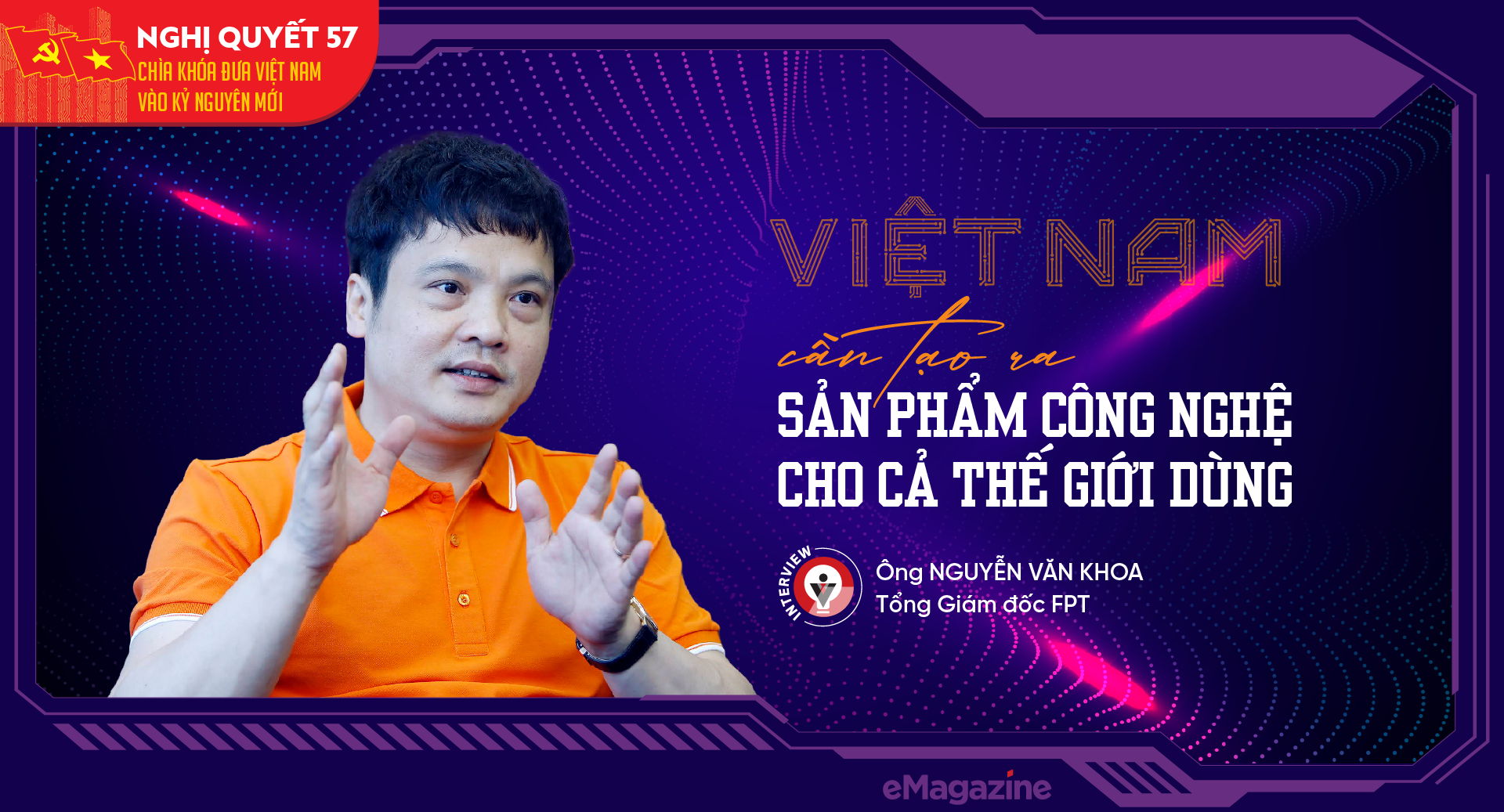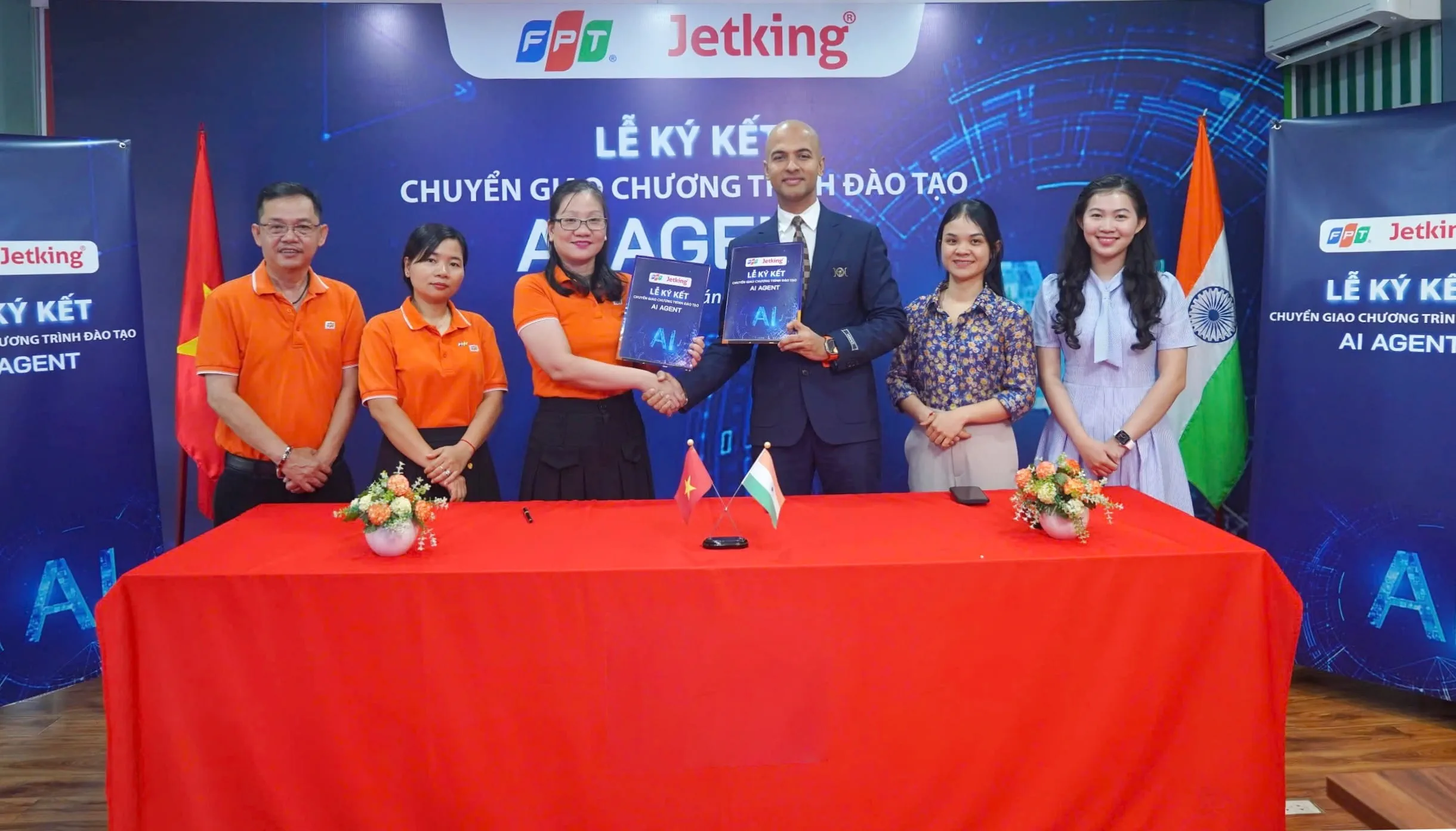AI Expert Visits Vietnam to Discuss Controlling AI's "Survival Instinct"
•
03/12/2024
On December 5, Professor Yoshua Bengio, a globally recognized pioneer in artificial intelligence (AI) and one of the founding figures behind deep learning, will visit Vietnam to deliver an exclusive keynote on AI responsibility with 200 leading Vietnamese technology experts. The event is organized by FPT Corporation.
.jpg)
At the event, Vietnamese technology experts will receive the latest updates on managing the "survival instinct" of AI systems and suppressing AI's "evil" tendencies to enhance joy and well-being in people's lives and work.
Driven by a commitment to social impact and the vision of AI benefiting everyone, he played an active role in shaping the Montreal Declaration on the Responsible Development of AI, stressing that technological advancement must align with human rights protection and the sustainable development of society.
Recognized as the "father" of deep learning and artificial neural networks - core technologies that laid the groundwork for large language models (LLM) and ChatGPT, Professor Yoshua Bengio stands among the world's most influential figures in advancing AI. His pioneering work has transformed AI into a practical technology, widely applied in natural language processing (NLP), computer vision, machine learning, and robotics.

Professor Yoshua Bengio, Founder of Mila AI Research Institute at the Canada - Vietnam AI Summit (Quebec, Canada).
In 1993, Professor Yoshua Bengio founded the Mila Research Institute, which has since evolved into a global hub for scientific advancement, cementing Montreal (Canada) as a leading center for deep learning technology. More than just a research institution, Mila serves as a dynamic innovation community in AI that is critical in shaping global AI standards and development strategies. Building on the achievements of previous generations and leveraging a community of over 1,300 researchers and 140 industry partners, Mila's experts are driving significant advancements across diverse fields, including healthcare, genetics, neuroscience, materials discovery, climate science, and the integration of indigenous knowledge into emerging technologies.
In 2018, he received the Turing Award, often referred to as the "Nobel Prize of Computer Science," in recognition of his groundbreaking and enduring contributions to the field. In 2021, Guide2Research ranked him as the second most cited computer scientist globally, with an impressive H-Index of 182. This metric measures a researcher's impact based on publication quantity and citation frequency. An H-Index of 60 or higher is a hallmark of exceptional scientific brilliance.
He, along with the Mila AI Research Institute, currently collaborates with international universities and research organizations, fostering the training of AI scientists and experts. At the same time, he maintains strategic alliances with major technology companies, facilitating technology transfer and the development of applied AI solutions.
In Vietnam, Mila established a strategic partnership with FPT in 2020 to advance AI research and application, particularly in deep learning and machine learning. In 2023, the partnership was further strengthened with a three-year cooperation agreement aimed at developing an AI strategy and responsibility framework, ensuring ethical standards in the research, development, and application of this transformative technology.




